Vivo V23 Pro vs Vivo X70 Pro camera comparison with sample images | 91mobiles.com
Vivo’s X70 series of phones squashed any doubts around the company’s ability to make good camera-centric phones. That said, not one to sit on its laurels, Vivo quickly followed the launch of the X70 Pro (review) with yet another camera-first offering in the form of the V23 Pro (review). I recently reviewed the device and was pleasantly surprised by some of the features it brings to the table, including a capable 108MP main snapper. Seeing how both the phones retail in the same price bracket (the 12GB RAM variant of the V23 Pro costs Rs 43,990, which is a couple of thousand bucks shy of the X70 Pro’s Rs 46,990 asking price), I decided to pit the devices against one another to see which offers a better photography experience. Let’s take a look.
Spec-wise, the Vivo V23 Pro ships with a triple camera setup at the back comprising a 108MP sensor from Samsung. The main shooter works alongside an 8MP ultrawide angle sensor and a 2MP macro lens. For selfies, the device gets a pair of 50MP and 8MP cameras. The X70 Pro, on the other hand, makes use of a quad-camera array at the back comprising a 50MP main shooter. The assisting sensors include a 12MP telephoto lens, another 8MP telephoto lens, and a 12MP ultra-wide angle snapper. For selfies, the device gets a 32MP selfie camera.
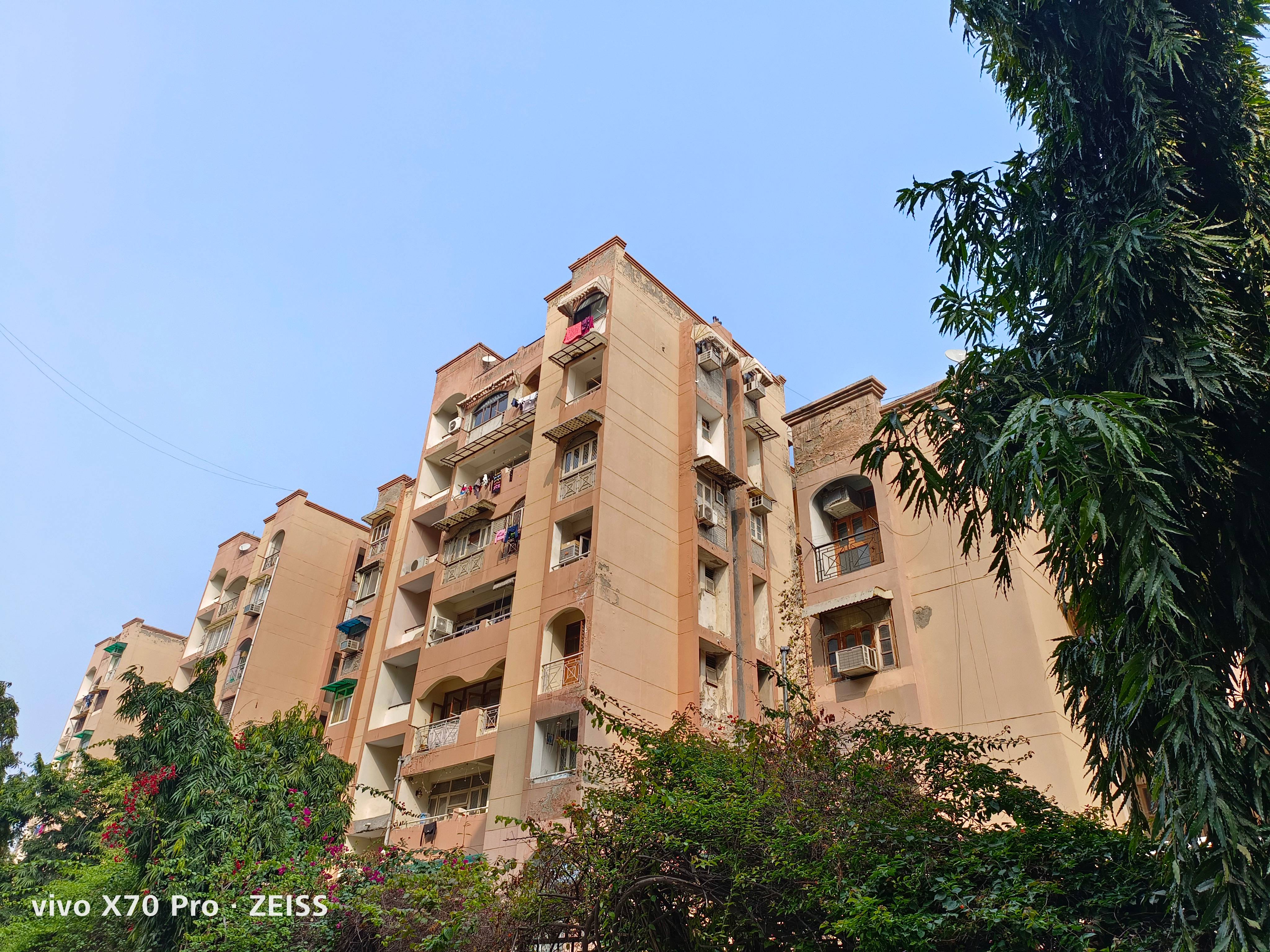
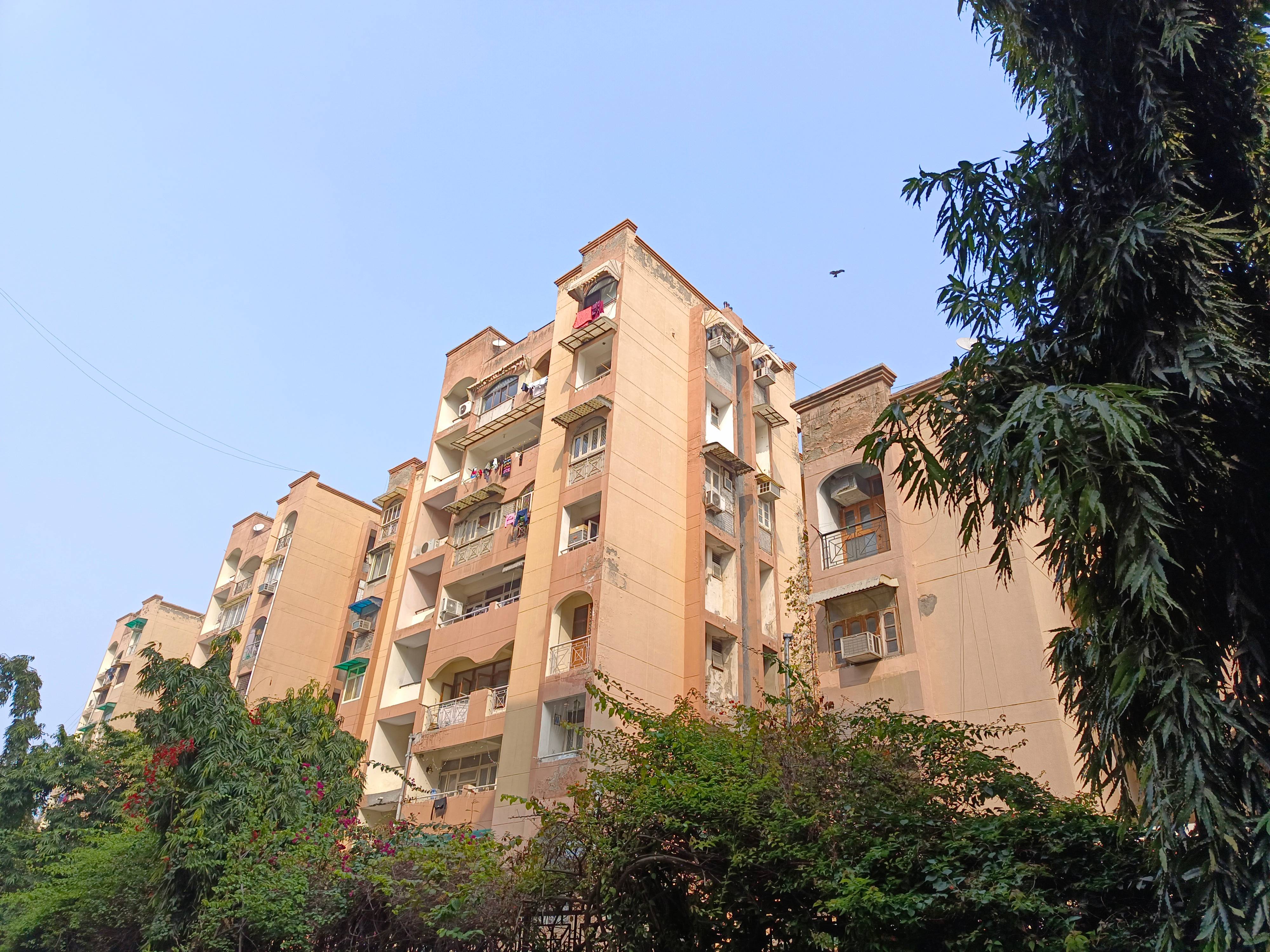
Now that we have the specs out of the way, let’s take a closer look at the images shot by our two contenders. Starting with the daylight shots, the Vivo X70 Pro edges in front of its sibling in three areas, including sensor details, sharpness at a closer crop, and the ability to expose shadows or the darker parts of a scene better. To wit, if you look at the slider above, you’ll notice that the tree towards the right-hand side of the frame has been exposed a tad better on the X70 Pro’s composition. In fact, you can distinctively make out the green in the leaves here. On the flip side, the V23 Pro’s image, while good, appears darkened. Similarly, if you pay attention to the bottom of the frame, then the fence with the leaves sprouting out appears more defined and sharper on the X70 Pro’s image.
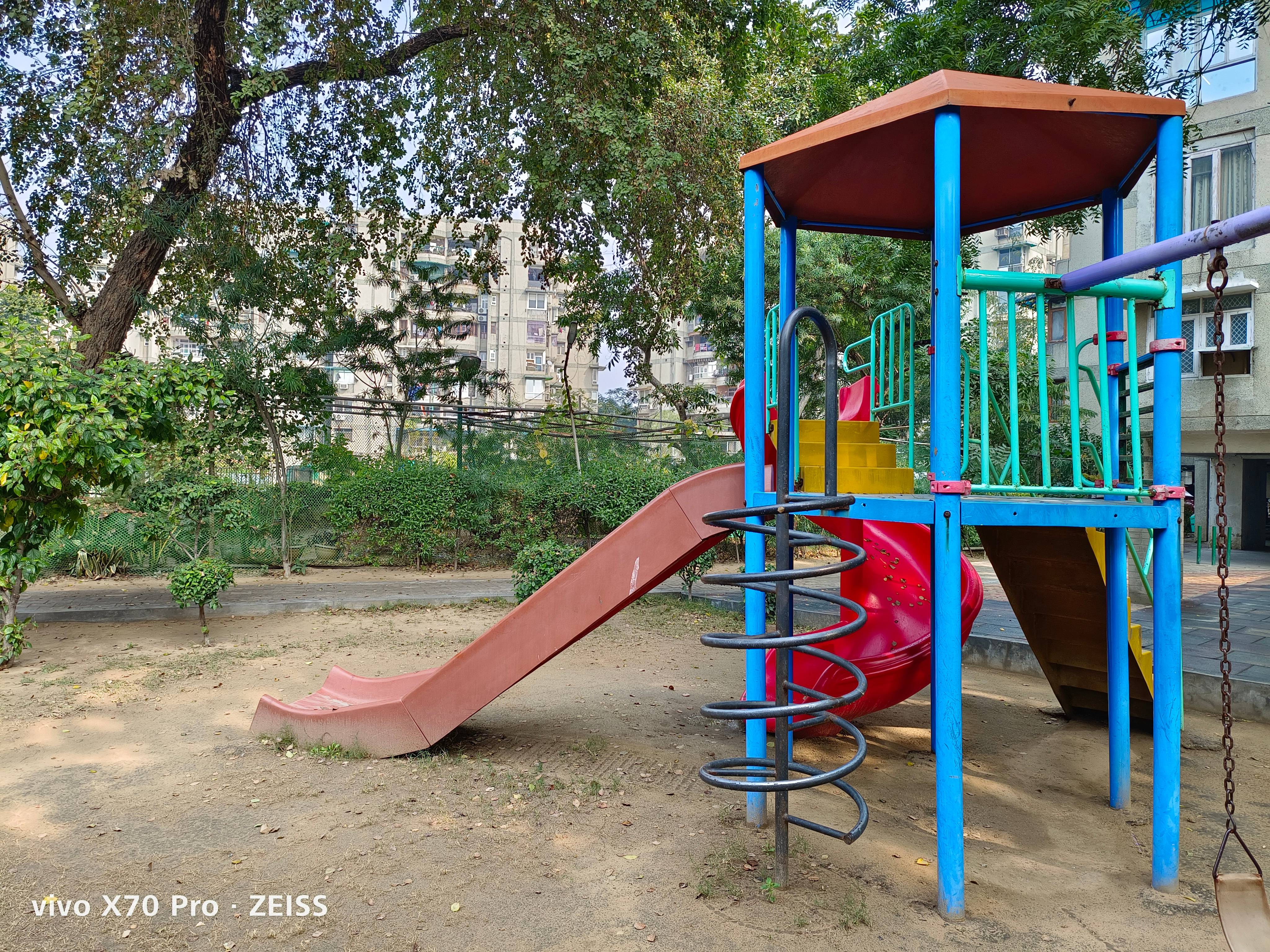
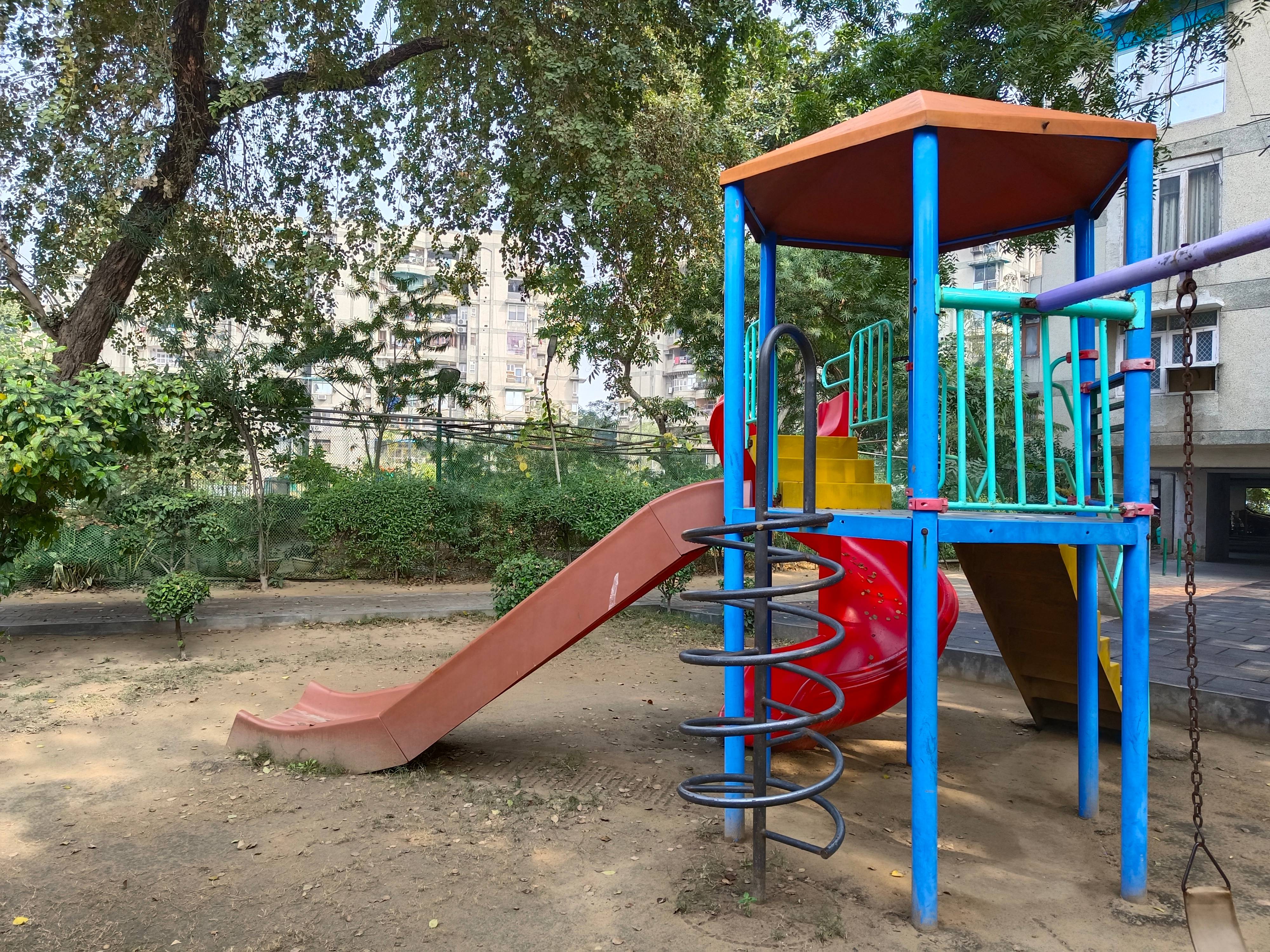
Here’s another example that substantiates my findings even further. If you zoom into the spiral swing, then you’ll notice that the dirt around the base of the swing has more definition in the X70 Pro’s image. Similarly, the nuts and bolts holding the blue bars together appear sharper on the X70 Pro’s shot. Understandably, the difference isn’t night and day, but it’s still something to keep an eye out for.


Similarly, in the slider above, you’ll notice that the carousel towards the back of the frame appears mushy in the V23 Pro’s shot. In fact, the trees adjacent to the merry-go-round have little-to-no definition. On the flip side, the X70 Pro’s image managed to retain a good amount of details in the scene.
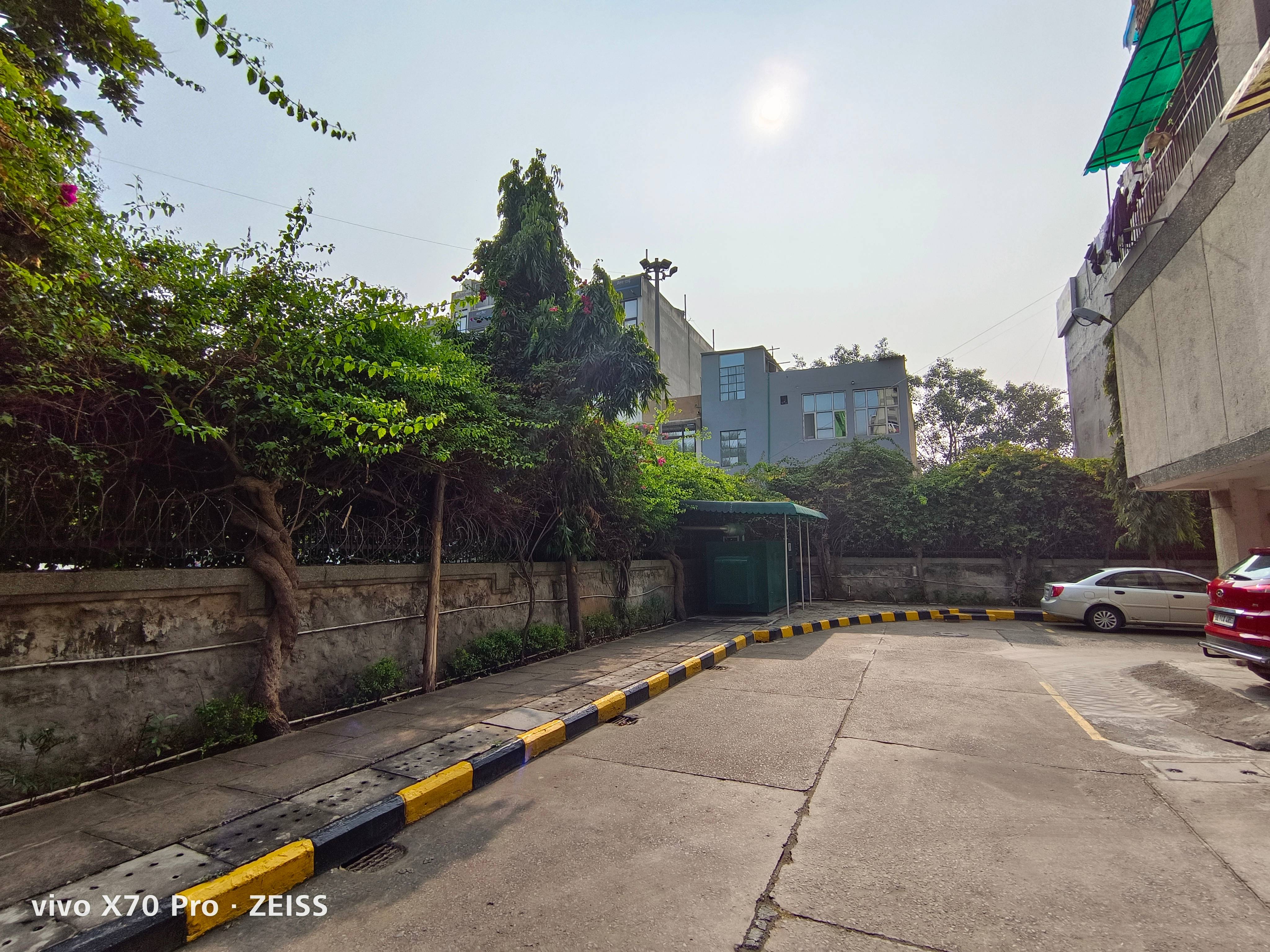
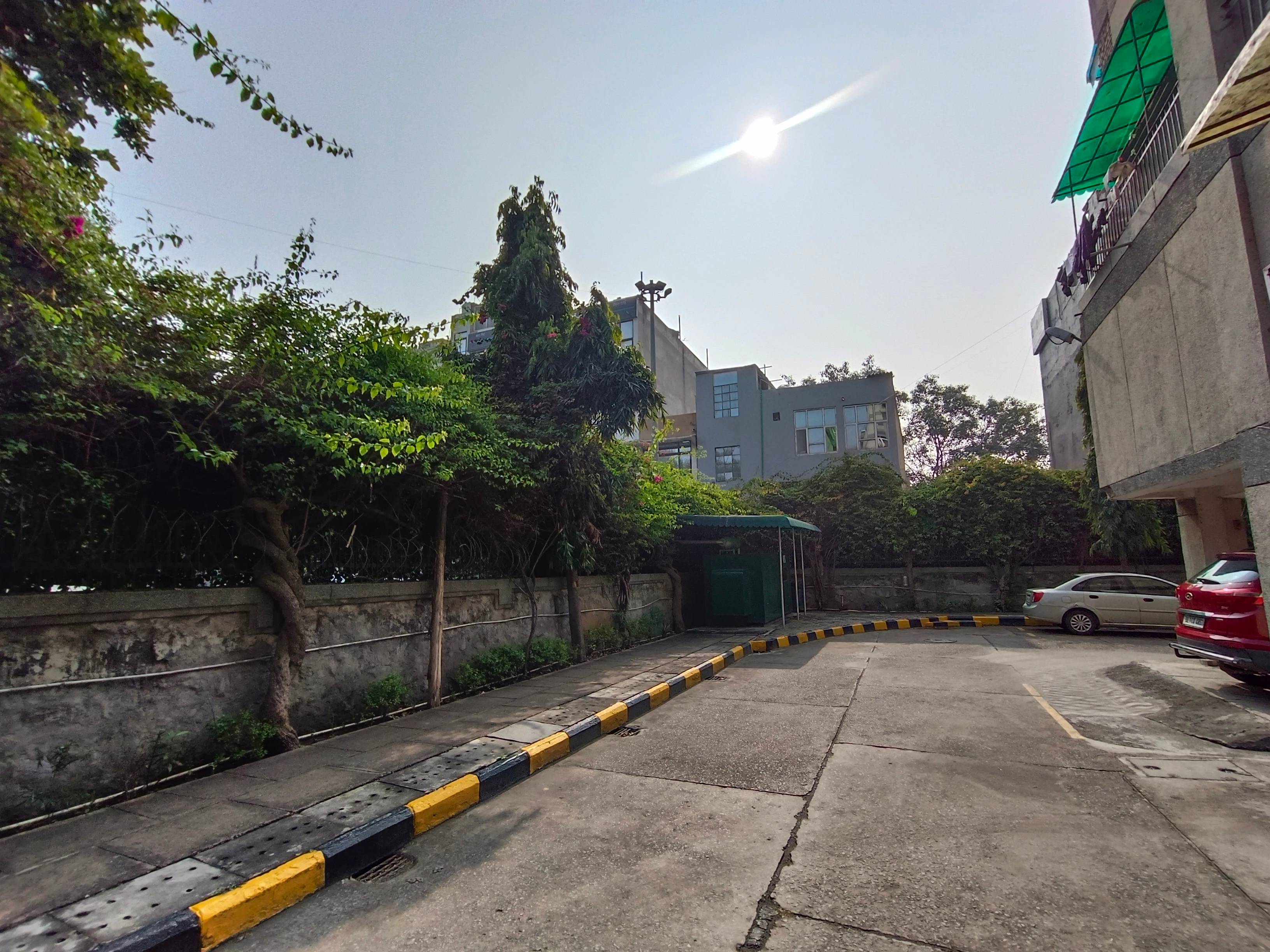
The ultra-wide images appear nicer through the X70 Pro’s lens too. In the samples attached above, you can tell that the V23 Pro’s UW shot has noticeable muddiness in the frame, and the smartphone struggled to expose the sun properly too. The X70 Pro’s shot, while not perfect, is still the better photo of the lot.
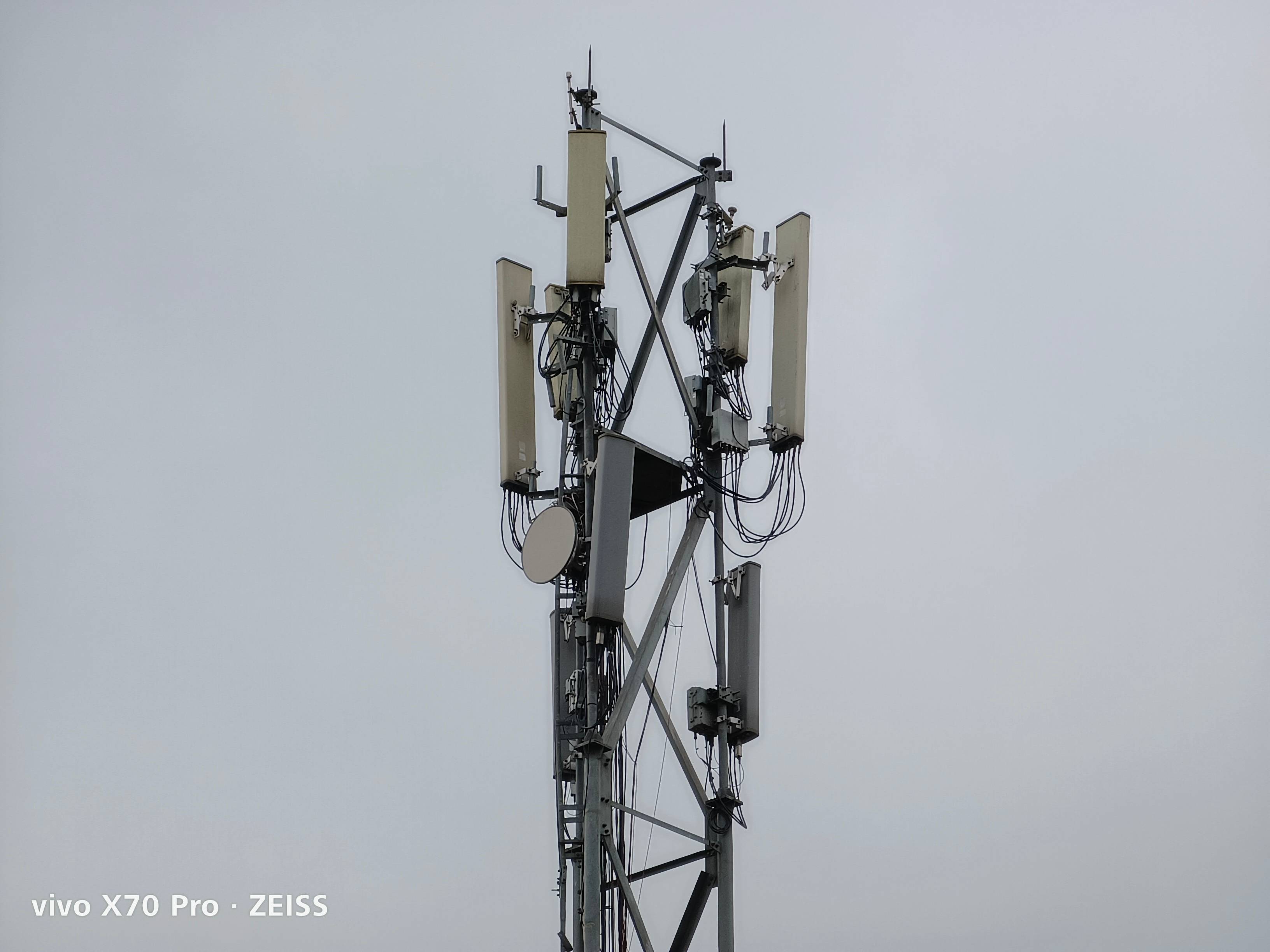
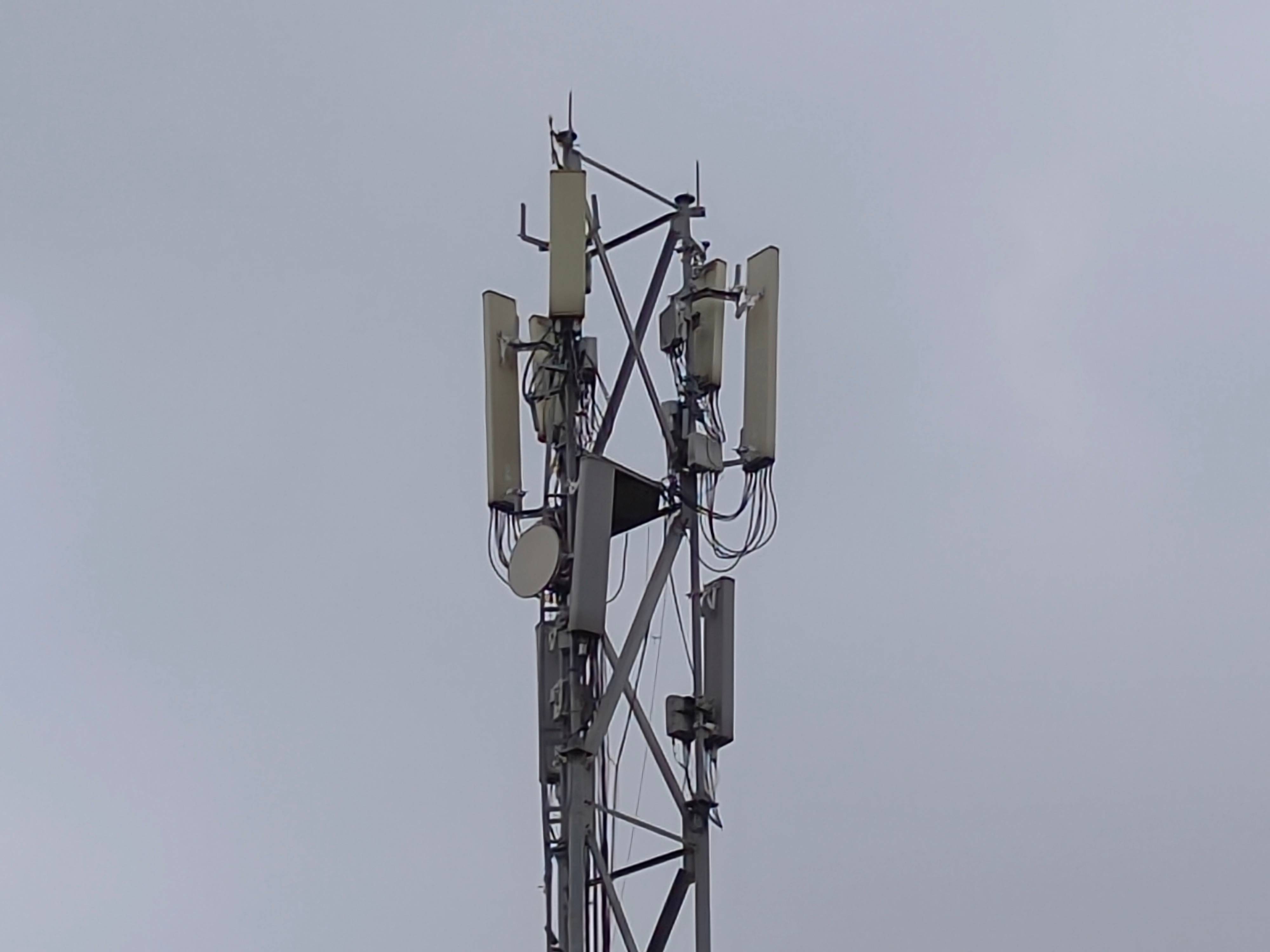
Unfortunately, the Vivo V23 Pro doesn’t ship with a dedicated telephoto sensor. Correspondingly, shots snapped at 2x and 5x appear much sharper through the X70 Pro’s optically-zoomed sensors.
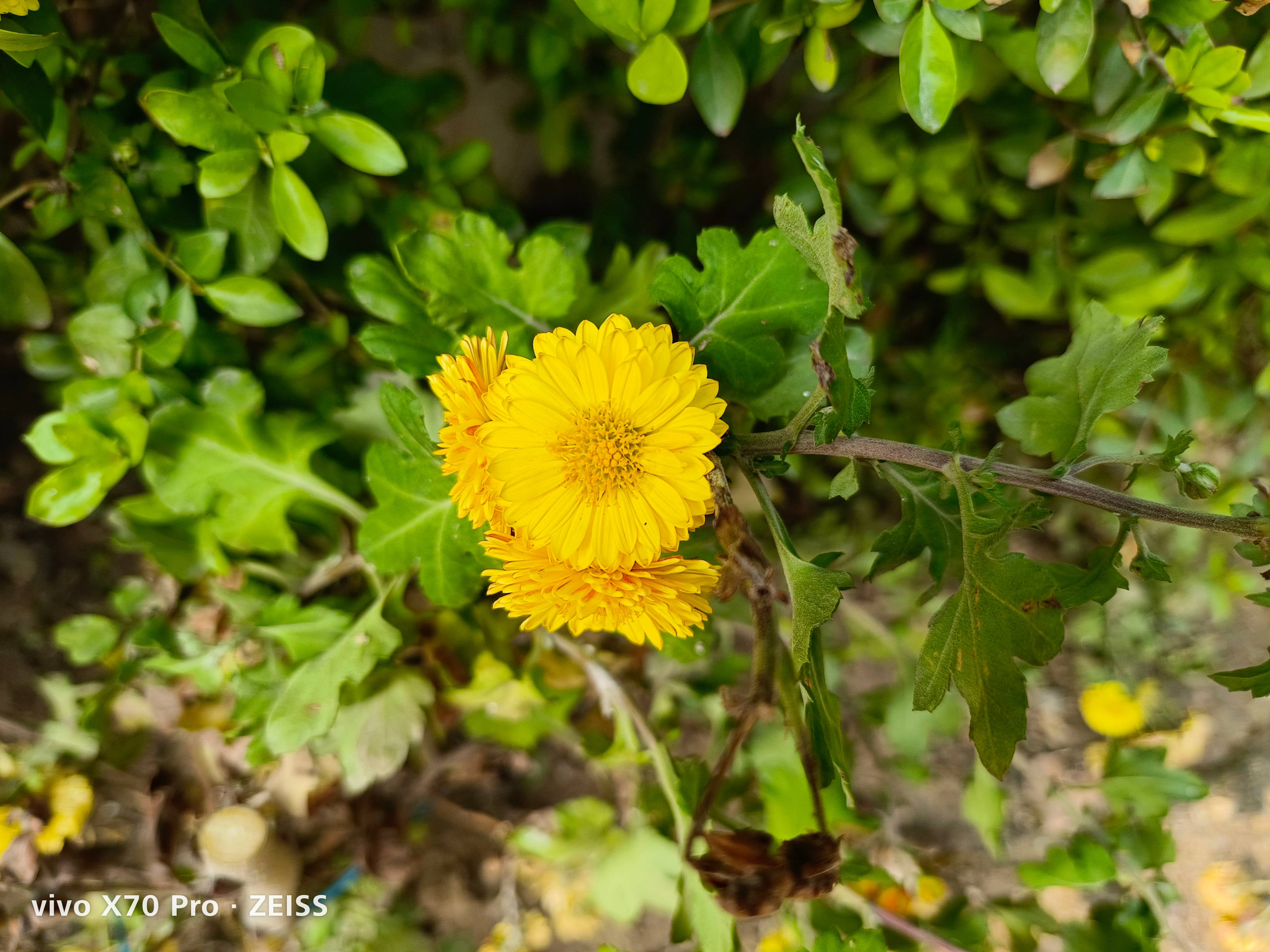
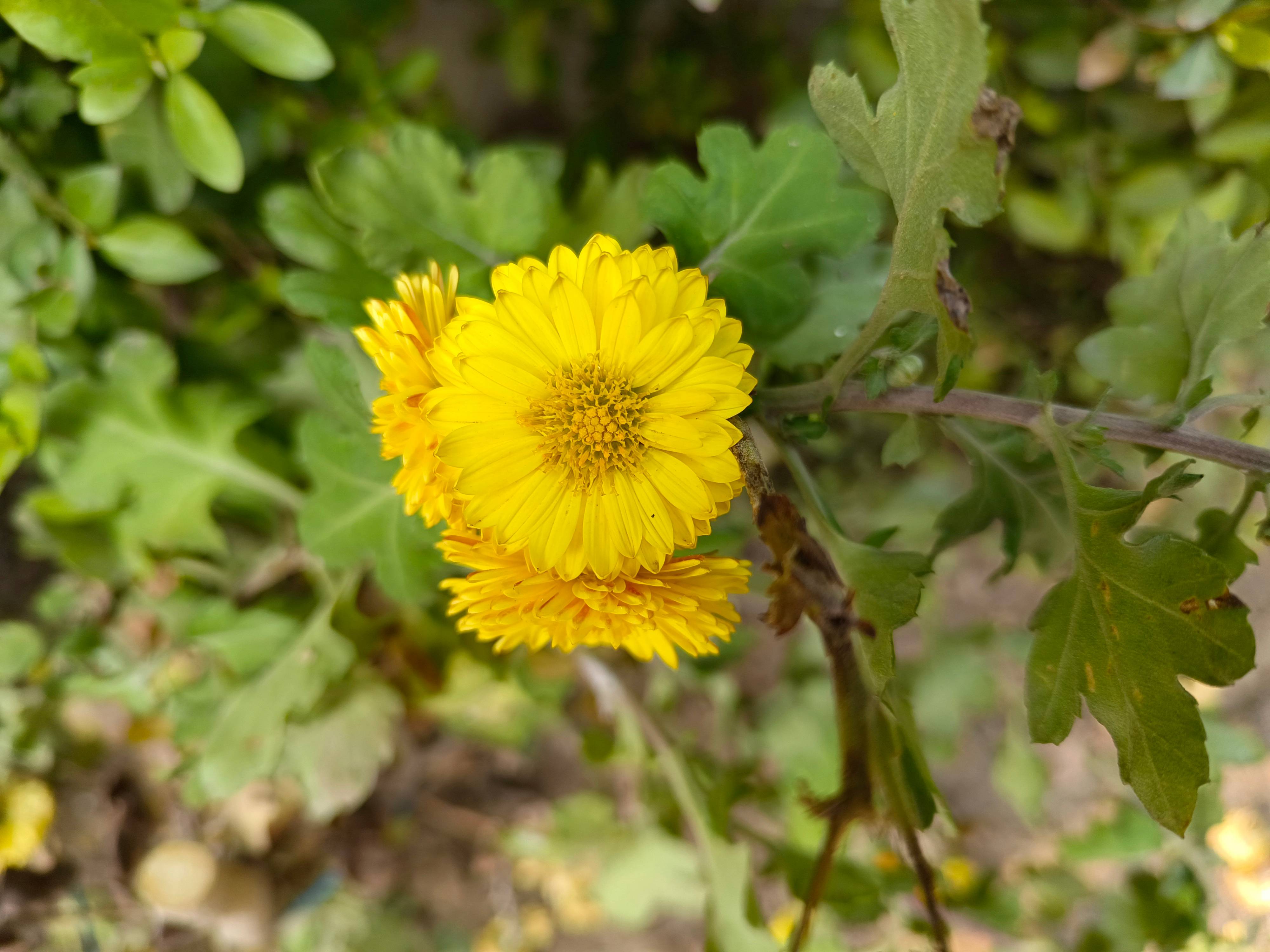
Interestingly, both, the X70 Pro as well as the V23 Pro struggle to latch on to focus should you get too close to the subject, thereby making it extremely difficult to snap close-ups of flowers without defaulting to the macro lens. Regardless, I found the quality of the closeups to be more or less the same across the two handsets. That said, the X70 Pro utilises its wide-angle lens for super-close macros, that net much better details and colours.
The same is true for high-res shots from the two phones as well. Despite packing in double the pixels, the V23 Pro’s 108MP sensor snaps similar images as the X70 Pro’s 50MP shooter in high-res mode. The resulting images from both the phones appear quite oversharpened at a closer crop, so it’s hard to pick a clear winner for this category.


The Vivo V23 Pro is the clear winner in the selfie category. For one, the smartphone ships with an 8MP ultra-wide angle sensor upfront, ensuring buyers opting for the device can squeeze in all their friends in the frame. Furthermore, while the X70 Pro’s selfie camera clicks stellar images during the day which are on par with the V23 Pro’s 50MP sensor, at night, the V23 Pro edges out in front owing to its dual selfie flash, which lights up the subject’s face quite well. What’s more, the smartphone also allows buyers to change the colour temperature of the emanating LED flash, which is neat.
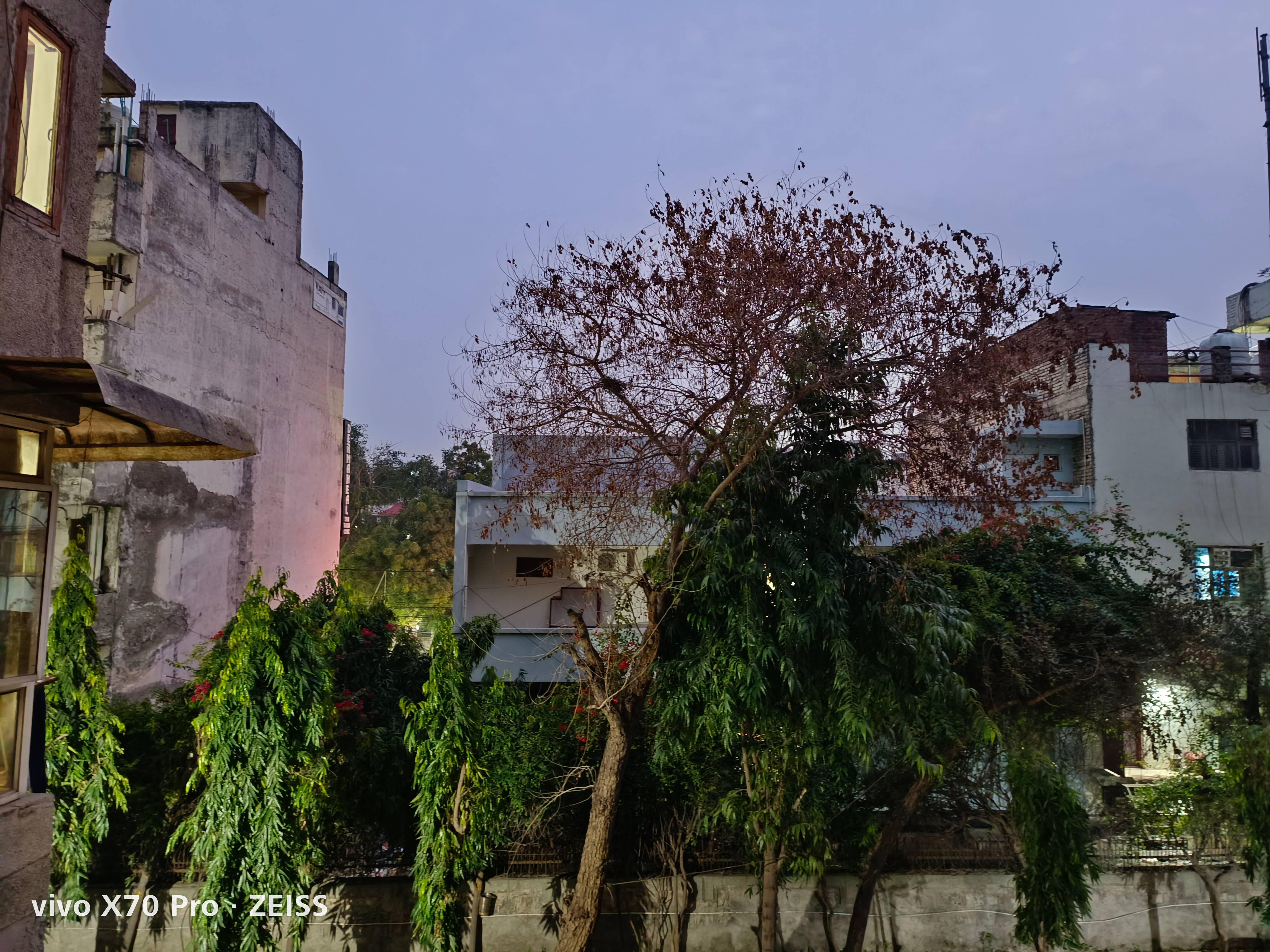
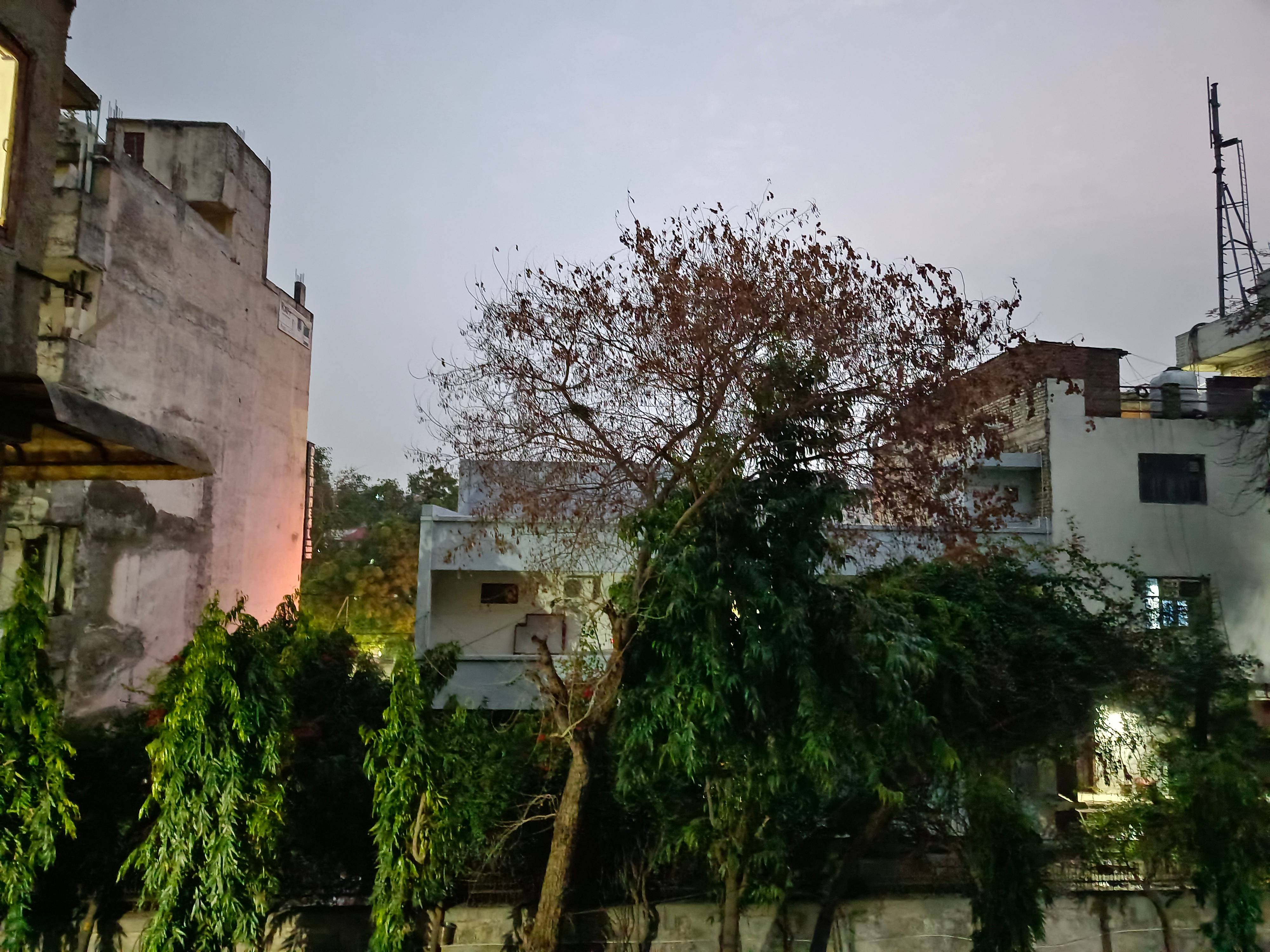
The lowlight photos from the rear cameras paint a different picture altogether. Case in point, the shot of my apartment complex and here, the X70 Pro’s photo exhibits more details and lesser noise. Furthermore, thanks to the phone’s Zeiss T-coating, the smartphone keeps instances of lens flaring under the lid too. The V23 Pro’s shot, while serviceable, offers a lot of noise in the frame. I’d also like to point out that while both the phones can record videos up to 4K resolution, the footage yielded by the X70 Pro is leagues ahead of its V-series sibling. To wit, the smartphone’s gimbal stabilisation works wonders when panning left or right and the device exposes brightly lit environments better too.
So then, if you have around Rs 45K to spend, I’d say your money would be better spent on the Vivo X70 Pro as it nets better photos in most, if not all scenarios. Don’t get me wrong, the V23 Pro isn’t that bad a camera phone and the smartphone’s main and selfie cameras will get the job done most of the time. The assisting sensors, however, leave a little to be desired. But, do let us know in the comments below if you’d like to see more camera comparisons starring the Vivo V23 Pro and as always, stay tuned to our blog for more tech coverage.
For all the latest Technology News Click Here
For the latest news and updates, follow us on Google News.
